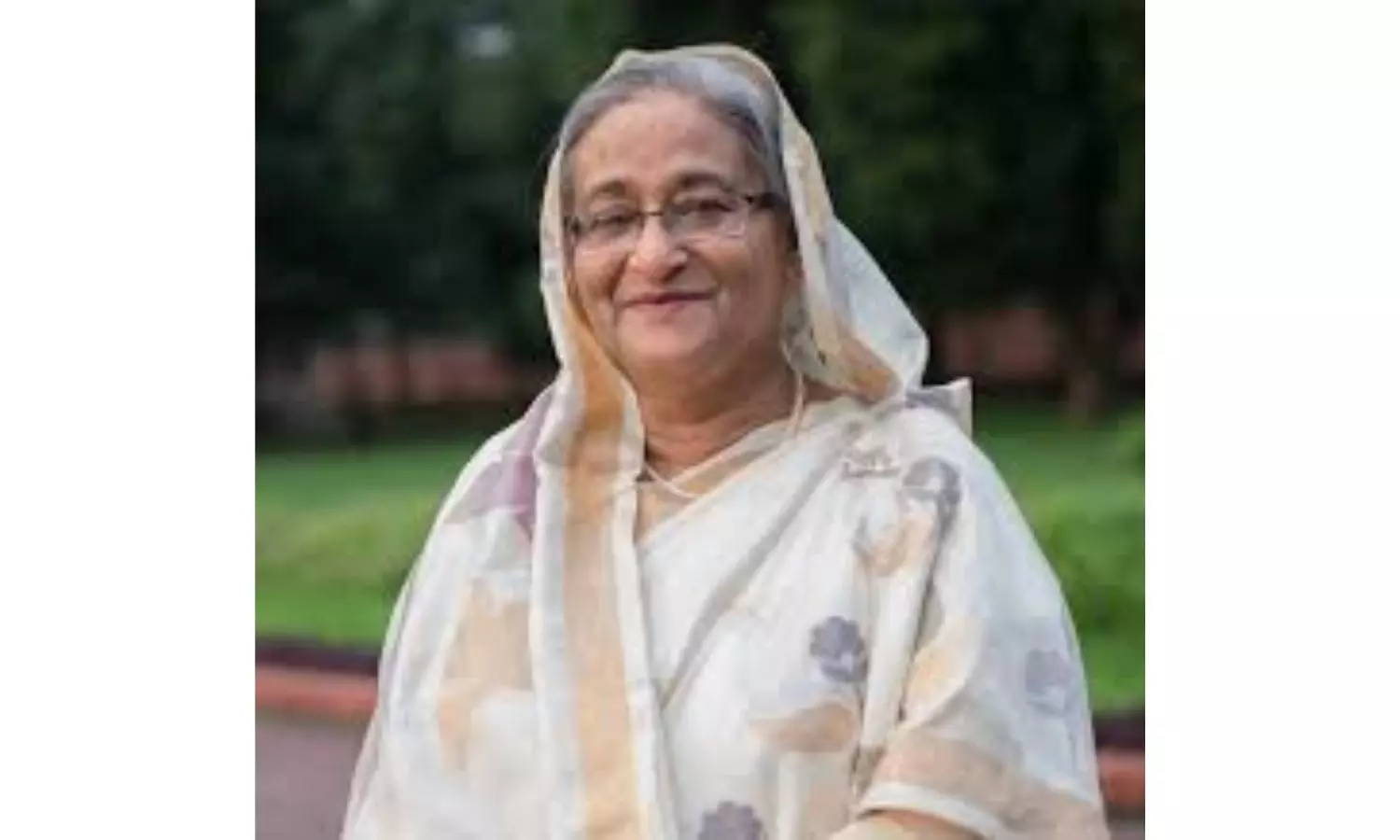AA Edit | Amid Army-Yunus Tussle, Intensify Vigil Over B’desh
The Army chief also blocked the Yunus government from taking major policy decisions which, he said, were not in the country’s interests and which only an elected government could decide, including the UN-proposed “humanitarian corridor” for Rohingya refugees, linking Myanmar’s Rakhine state with Cox’s Bazar in Bangladesh

Amidst heightened tensions with Pakistan after the terror attack in Pahalgam and India’s subsequent military response, recent developments in Bangladesh mean this country must step up vigil on its eastern border as well. Last week, after a meeting of the country’s senior military commanders, as well as the Air Force and Navy chiefs, the Bangladesh Army chief, Gen. Waker-uz-Zaman, laid down what was virtually an ultimatum to the head of the interim government, chief adviser Muhammad Yunus, to ensure elections are held by December this year so that an elected government can take charge in January 2026. Mr Yunus, the Nobel laureate who has been ruling Bangladesh since the ouster of Prime Minister Sheikh Hasina in August 2024, and has been running a distinctly anti-India administration, took it as an affront and a challenge to his authority, and threatened to step down as he “was not being allowed to do his work”. This was a signal to political groups and militant outfits supporting him, like the pro-Pakistan Jamaat-e-Islami and the student groups behind Hasina’s ouster, to mobilise on the streets in his confrontation with the Army.
However, after a series of meetings with his team of advisers as well as the Bangladesh Nationalist Party and the Jamaat, it was announced Mr Yunus would not step down now, and continue as chief adviser. The BNP led by former Prime Minister Khaleda Zia said at its meeting with Mr Yunus that it too, like the Army chief, wanted elections by December 2025 so that a legitimate government could be installed. It also wanted him to sack three key advisers. This was not to the liking of Mr Yunus and those close to him, who want time till at least June 2026, if not longer, to bring in “reforms” to prevent “authoritarian forces” from returning to power. This is codeword for Sheikh Hasina’s Awami League, which was banned by Mr Yunus’ interim government earlier in May, in a move widely condemned by global human rights watchdogs. And that’s not all. The Army chief also blocked the Yunus government from taking major policy decisions which, he said, were not in the country’s interests and which only an elected government could decide, including the UN-proposed “humanitarian corridor” for Rohingya refugees, linking Myanmar’s Rakhine state with Cox’s Bazar in Bangladesh. But the real reason may have been unstated: Gen. Zaman, who has the solid backing of top Bangladeshi generals, is due to retire in mid-2026, and Mr Yunus is possibly hoping that another general with more pro-Pakistan sympathies and in tune with his way of thinking would take over as the new chief.
The other major factor on which New Delhi must remain alert is China’s growing clout in Bangladesh after Sheikh Hasina’s departure. On a Beijing visit last month, Mr Yunus provocatively suggested that the only “access to the ocean” for India’s landlocked Northeast region was through Bangladesh, and also highlighted the vulnerability of “Chicken’s Neck”, the narrow strip of land in northern West Bengal that is the only land access for the northeastern states to the rest of India. This strip, also known as the Siliguri Corridor, lies extremely close to the Chinese border, and where Pakistan’s Inter-Services Intelligence has been intensifying its activities. India must step up its vigil to track what the Chinese and Pakistan’s ISI are up to.
